by Nicole Stansley
In 1971 Dr. Morris Swadesh published a list of 100 words. The list, which he had worked on for more than 20 years, contained the most universal and common words used in languages, and was intended to quantify the interrelatedness of languages. The words on the list also appeared to be very stable having existed for thousands years.
Since then linguists have produced some more modern and accurate lists of common words, but the Swadesh List remains the most widely-used.
The Swadesh List helps us to find the cognates – words in languages that have the same roots. Like father in English, which comes from Latin pater, which is Vater in German and padre in Spanish. You don’t have to be a linguist to find the cognates with this list!
Showing the words on mapa makes is a way to see the interrelatedness between the European languages, and to see the language families as well. For some countries though you have to know the Cyrillic alphabet.
Let’s start comparing!
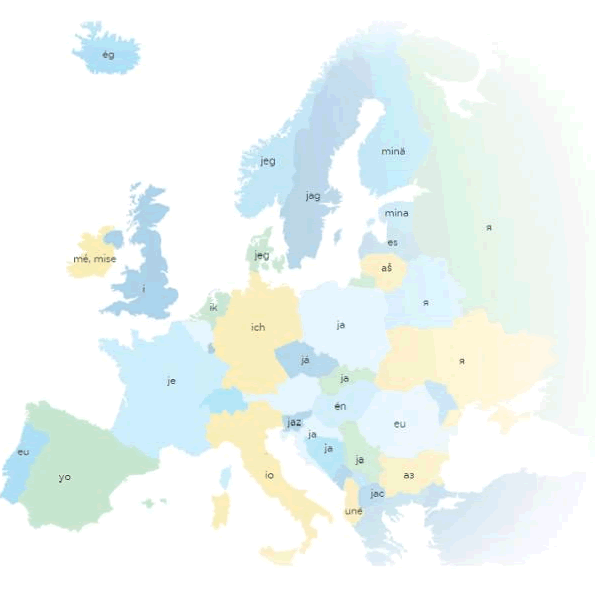
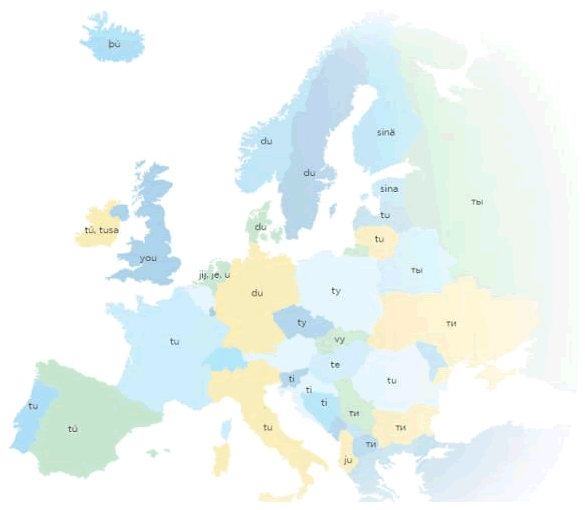
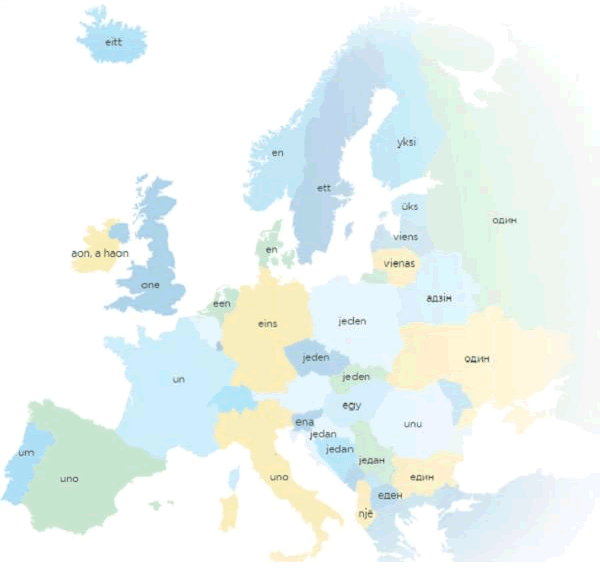
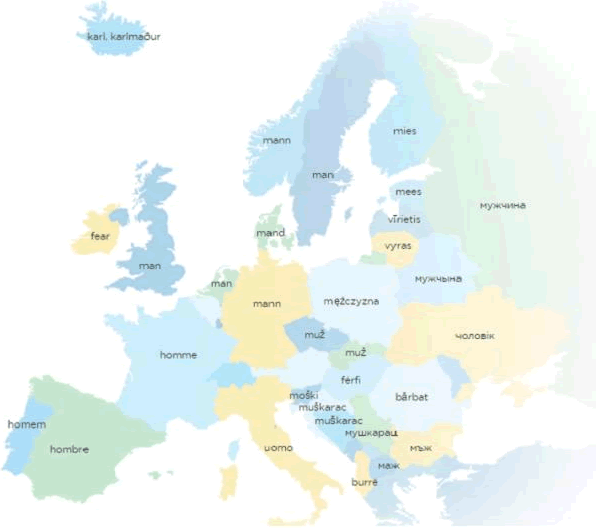
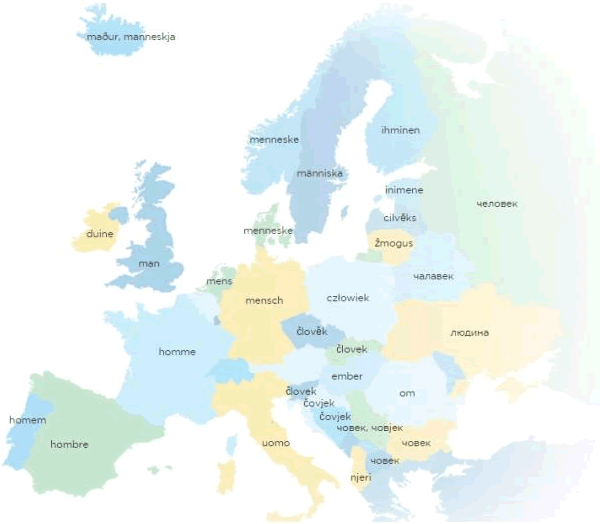
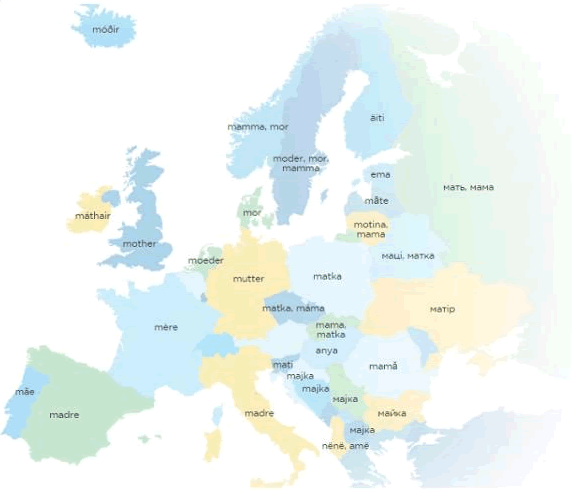
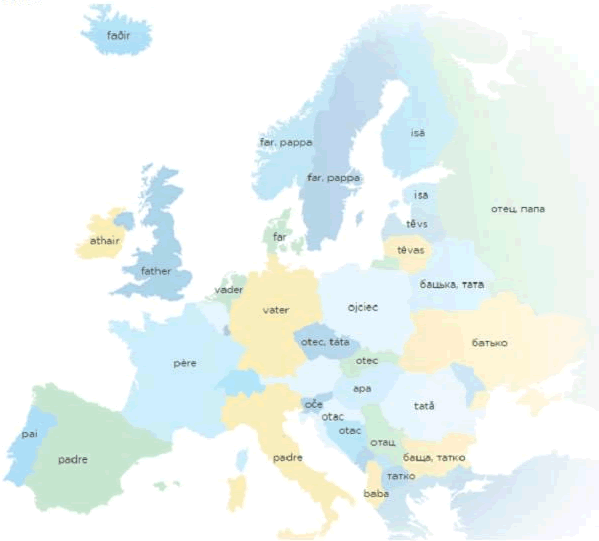
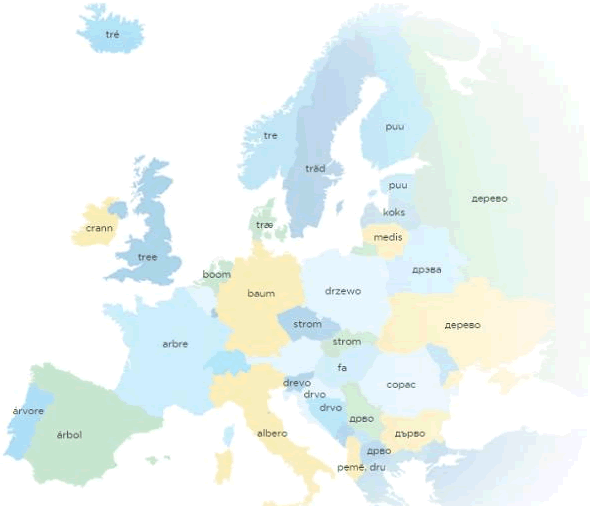
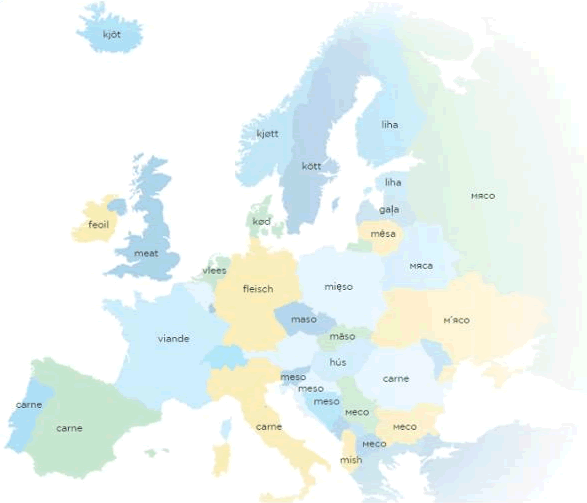
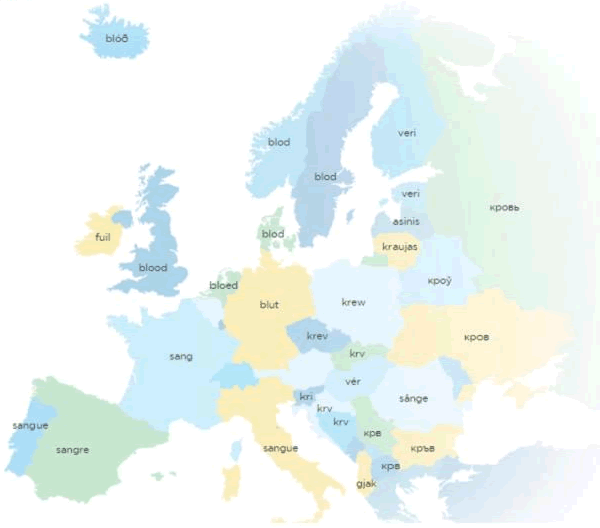
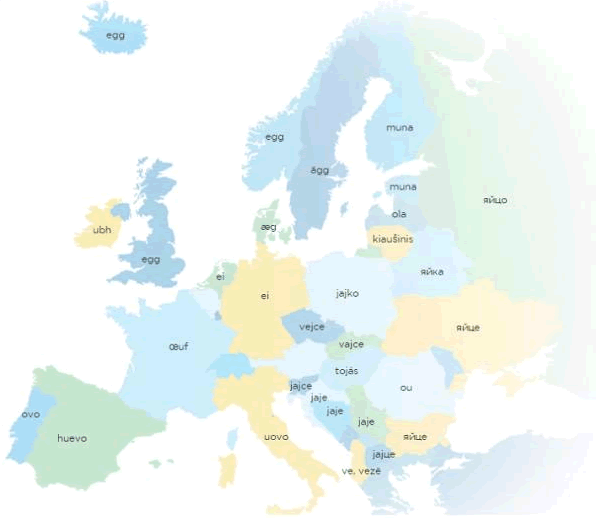
See more examples (Word doc)
The maps include most major languages of Europe, but not all European languages.
Nicole Stansley is a digital strategist for Write My Essay For Me and a freelance writer. Her area of interests includes, though not limited to learning, writing, self-development and motivation topics.
Writing systems | Language and languages | Language learning | Pronunciation | Learning vocabulary | Language acquisition | Motivation and reasons to learn languages | Arabic | Basque | Celtic languages | Chinese | English | Esperanto | French | German | Greek | Hebrew | Indonesian | Italian | Japanese | Korean | Latin | Portuguese | Russian | Sign Languages | Spanish | Swedish | Other languages | Minority and endangered languages | Constructed languages (conlangs) | Reviews of language courses and books | Language learning apps | Teaching languages | Languages and careers | Being and becoming bilingual | Language and culture | Language development and disorders | Translation and interpreting | Multilingual websites, databases and coding | History | Travel | Food | Other topics | Spoof articles | How to submit an article
[top]
You can support this site by Buying Me A Coffee, and if you like what you see on this page, you can use the buttons below to share it with people you know.

If you like this site and find it useful, you can support it by making a donation via PayPal or Patreon, or by contributing in other ways. Omniglot is how I make my living.
Note: all links on this site to Amazon.com, Amazon.co.uk
and Amazon.fr
are affiliate links. This means I earn a commission if you click on any of them and buy something. So by clicking on these links you can help to support this site.
[top]